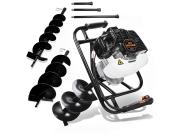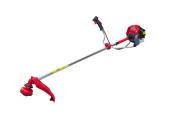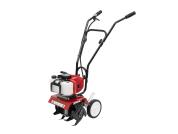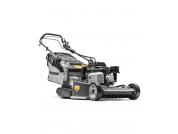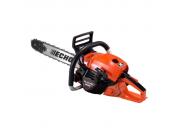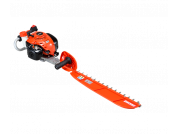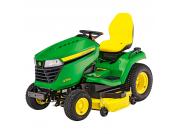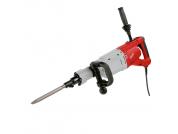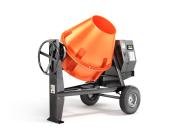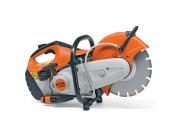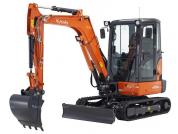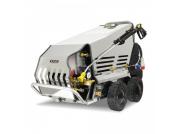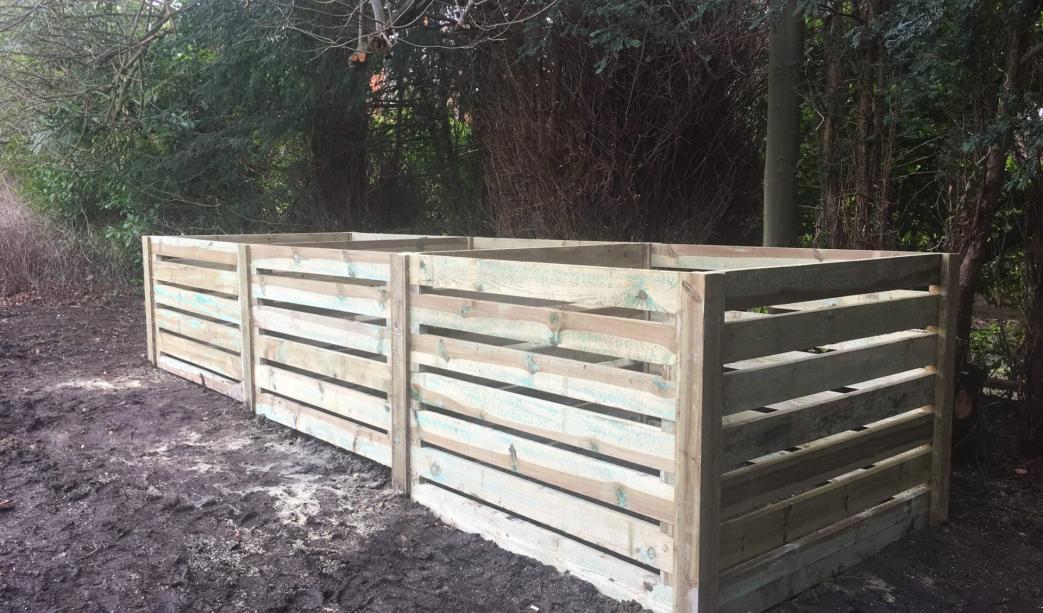
Compost or Manure? Unveiling The Best Food For Your Plants
Passionate gardeners are constantly looking for new fertilisers to improve their plant’s health and growth rates. Both compost and manure can support and promote growth in gardens, but which is better? Keep reading this local garden services blog to learn more about both fertilisers, with their benefits and drawbacks.
Availability of nutrients to plants depends on how healthy the soil is – good soil tilth will lead to better nutrient supply. To maintain good soil fertility and tilth, organic matter and fertiliser nutrients should be added regularly. The pH of the soil, which measures how acidic it is, will affect nutrient uptake as will the salt content of the soil.(see “Lime and Soil pH”, below).
Organic matter is primarily added to soil to improve its physical structure. Depending on the source and degree of decomposition of the organic matter it may also supply nutrients. Organic matter breaks down in the soil to form humus. Organic matter can improve air and water movement in a clayey soil and makes it easier to work. Organic matter also improves the water and nutrient- holding capacity of sandy soils. Organic matter should be applied regularly to vegetable gardens, woody ornamentals, and flower beds.
Manures and composts are among the best materials to add because they add organic matter to soil, often improving aeration, drainage, nutrient-holding capacity, and biological activity and other soil properties.
What Is Compost
Compost is produced by the decay of vegetative (plant) matter. Compost is a soil conditioner, a source of organic matter available to all gardeners.
Compost is made by alternating layers of “green and brown” material. Examples of green materials include kitchen waste, grass clippings, and fruit and vegetables. Examples of brown material include leaves, newsprint, and shredded paper. Do not add meat, bones, or dairy products which can attract animals and vermin. Adding a light dusting of soil every few layers will assist the earthworms in breaking down organic material.
Compost is comprised of organic waste that undergoes natural decomposition and chemical processes. Once the organic material has been collected it is stored in a composter, with the application of heat and sufficient aeration the material is then transformed into a soil amendment. The composted soil provides greater nutrients for plant life, encouraging the production of healthy bacteria whilst also acting as a slow-release fertiliser.
What Is Manure
Manure on the other hand is the by-product of animals. Whilst both compost and manure are organic matter, manure is primarily animal waste. Horse manure is commonly used within vegetable gardens as it’s easy to harvest and has no antibiotics within it. Antibiotics are an issue in soils as they can increase the risk of transmitting drug-resistant bacteria to humans. Manure can support the soil’s structure as well as the nutrition of the soil.
The Differences
Compost and manure are both great fertilisers, and even though they are both composed of organic material they have a number of differences.
|
Compost Pros |
Compost Cons |
|---|---|
|
Neutralising Soil |
May Attract Pests |
|
Manure Pros |
Manure Cons |
|---|---|
|
Soil Structure Support |
Potential For Soil Borne Diseases |
BZ Gardens – Local Garden Services
Choosing the right fertiliser for your garden is essential. Both compost and manure have their benefits however, for the average homeowner growing in your garden, compost is a much better solution to support a healthy garden. If you would like to find out more about how our experts could help you then get in contact with us on 01483 299 797 or fill out a contact form here. We’d be more than happy to help you with our local garden services!


